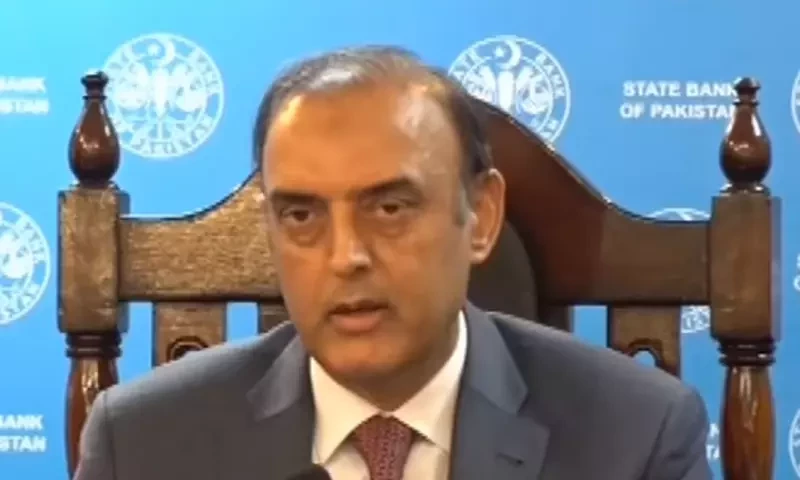In a momentous demonstration of unwavering support, President Joe Biden is set to embark on a landmark trip to Israel, pledging an “ironclad” commitment to the nation. The visit comes at a critical juncture as efforts intensify to address the escalating humanitarian crisis in Gaza. The conflict has resulted in a devastating toll, with Gaza authorities reporting over 2,800 casualties since October 7, a quarter of them being children, and more than 10,000 wounded amid a shortage of vital supplies in hospitals.
The World Food Programme (WFP) has sounded the alarm on the deteriorating food situation in besieged Gaza. Stocks are dwindling rapidly, with only four or five days’ worth of supplies left in shops. WFP’s Middle East spokeswoman, Abeer Etefa, expressed deep concern, highlighting the urgency of the humanitarian and food security situation. She emphasized that essential food commodities are sufficient for only two weeks at the wholesalers’ level, and the situation at the shop level is even more critical, with only a few days of stocks left.
Etefa revealed that, out of the five flour mills in Gaza, only one is operational due to security concerns and fuel shortages, resulting in a scarcity of bread. The situation is dire, with people lining up for hours to secure this essential staple. Moreover, only five out of 23 bakeries contracted by WFP are still in operation.
READ MORE: Pakistan’s Military Pledges Support for Palestinians Amid Gaza-Israel Conflict
As President Biden prepares for his visit, Secretary of State Antony Blinken underlined its significance as a statement of “solidarity with Israel” and an “ironclad commitment to its security.” The visit aims not only to address the crisis in Gaza but also to prevent a potential regional escalation, with Iran issuing a warning of “pre-emptive action” against Israel.
The visit will include discussions with key regional leaders, including Jordanian King Abdullah II, Palestinian leader Mahmud Abbas, and Egyptian President Abdel Fattah al-Sisi. Against the backdrop of mounting casualties and warnings of a looming Israeli ground invasion, President Biden’s visit holds strategic importance in navigating the complex geopolitical landscape.
The humanitarian situation in Gaza is dire, with international agencies urging immediate access for aid and the opening of Gaza’s border with Egypt to allow civilians to leave. The World Health Organization warns of a “real catastrophe,” with only 24 hours of water, electricity, and fuel left.
Secretary Blinken, after talks with Israeli Prime Minister Benjamin Netanyahu, indicated ongoing discussions about a plan for humanitarian aid and areas to protect civilians. The goal is to ensure minimal civilian casualties and facilitate the flow of humanitarian assistance to Gaza without benefiting Hamas.
As President Biden’s visit looms, the world watches with bated breath, hoping for diplomatic solutions to avert further catastrophe in the region. The stakes are high, and the international community looks to the United States to play a pivotal role in bringing about much-needed relief and fostering stability in the face of an escalating crisis.




